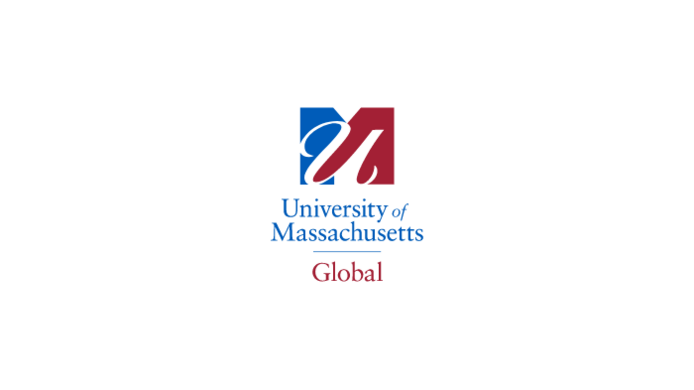Have questions about enrollment, degree programs, financial aid, or next steps?

IRVINE, Calif. (Sept. 13, 2022) – Recognizing an imperative to better prepare students for service in a multicultural and diverse nation, UMass Global social work faculty have spent two years engaging with the university’s Office of Equity and Inclusion to improve practices within their department. Professors and staff who have devoted their time to adding JEDI (Justice, Equity, Diversity, and Inclusion) concepts to the learning experience will soon discuss their work at the annual meeting of the Council on Social Work Education.
The convention, themed “Leading Critical Conversations: Human Rights are Global Rights,” is scheduled for Nov. 10 through 13 in Anaheim and will provide a venue for social work faculty and OEI staff to share the steps they have taken to enhance inclusivity within the Department of Social Work. These actions include updating student materials and a series of faculty retreats focused on discussions of antiracism.
“I’m always excited when we can see the efforts coming to fruition in settings outside the university … it’s good to see not only the work we’ve done in our university but also how it can impact other universities,” said Hugo Yepez, director of OEI strategic plan evaluation and assessment.
Faculty members Jeannine Meza, assistant professor of social work; Amber J. Ramirez, associate professor of social work, and Justine Rangel, assistant professor of social work, plan to lead a panel discussion during the November gathering. Yepez is also scheduled to join the presenters and Jalin B. Johnson, vice chancellor of equity and inclusion, and OEI staffer Jenny Park, equity and inclusion specialist, are set to participate by helping to respond to audience questions.
Meza, one of the faculty members involved in this effort, pointed to research showing U.S. social work students often graduate without obtaining sufficient knowledge of how to serve diverse clients. This realization inspired faculty members to enhance antiracist components of social work programs, discussing such resources, such as Ibram X. Kendi’s “How to be an Antiracist.”
“Through these conversations, we developed a better understanding of one another as faculty and staff,” Meza said. “We created a pool of resources to utilize for curriculum revisions to be an antiracist and antioppressive social work program. This will be our area of focus for 2022-23.”
The Council on Social Work Education’s anti-racism principles, as outlined in the body’s 2022 Educational and Accreditation Standards, are also informing the process of updating social work programs.
The Department of Social Work’s own Diversity, Equity, and Inclusion Committee formed prior to the 2020 creation of OEI, Johnson said. Social work faculty have since worked closely with OEI to update their department’s programs and practices.
This collaboration has resulted in updates to student handbooks and manuals involving such additions as gender-neutral language and anti-discrimination statements, as well as care to ensure that other materials referred to in the documents are accessible. OEI staffers are now engaged in similar work with additional academic departments and will be responsive to requests from others seeking to align their operations with best practices in diversity, equity, and inclusion.
“We always go where we’re invited, which is a wonderful thing,” Johnson said.


